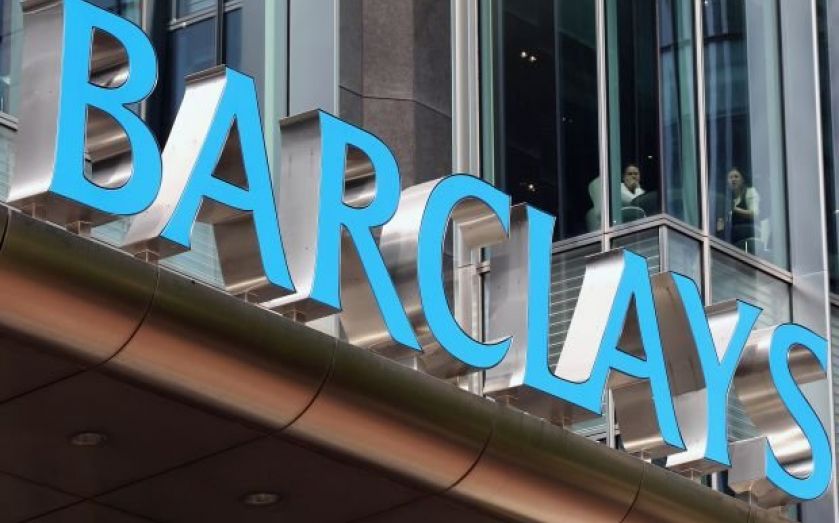Barclays sued for dark pool securities fraud: What is a dark pool?

Barclays in the US is being sued for fraudulent behaviour, following a complaint filed by New York attorney general Eric Schneiderman.
He claimed that the bank had misrepresented the participants of its dark pool, leaving institutional investors exposed to high frequency trading “predators”.
A dark pool is a covert trading location where all trades are anonymous until completion.
The basis of the claim was Barclays' apparent failure to include any mention of a particular firm in its marketing document, even though the bank was aware that it had been involved in high frequency trading in its dark pool.
The complaint describes "a flagrant pattern of fraud, deception and dishonesty with Barclays clients and the investing public.”
"The facts alleged in our complaint show that Barclays demonstrated a disturbing disregard for its investors in a systematic pattern of fraud and deceit," said Schneiderman.
Dark pools have become increasingly popular among investors recently, with around 40 competing against traditional exchanges in the US alone. Barclays offers one of the biggest in the world.
Dark pools and high frequency trading explained
The rise of dark pools has been facilitated by the introduction of cheaper technologies that allow traders to direct a larger chunk of their order flow to their own private pools, before making their unwanted orders available on public markets. This allows them to generate more profit for themselves.
Open to institutional investors only, dark pools are attractive because they minimise the impact of the market on the price of shares. They allow investors to limit the amount of information available to others, helping them to get the most out of their trades: if other traders had the information at hand, they would be able to benefit from it by altering the prices of their own shares.
So, in a dark pool, the initial price you are offering your shares at is invisible to all other members, and the value of any trade is only made available after the event. The dark pools enable this discretion by not revealing quotes and, in most instances, by restricting participation of unwanted players such as high frequency traders.
Unlike normal stock exchanges which are known as “light markets” because they are highly transparent and therefore easily regulated, dark pools are private markets set up by banks to offer anonymity. This means they are not subjected to the same level of scrutiny and regulation.
The risk is that if a high frequency trader is given access, they can take advantage of the anonymity and lack of regulation. Using sophisticated software that allows them to buy and sell shares faster than ordinary investors, high frequency traders are able to generate very large profits based on very small fluctuations in share prices.